
Flatsharing Success Tips: Discovering the Perfect Flatmate
Finding the perfect flatmate
Finding the perfect flatmate can be challenging but essential for a successful flatsharing experience. Living with someone who shares your values, habits, and lifestyle can make a huge difference in your daily life.…
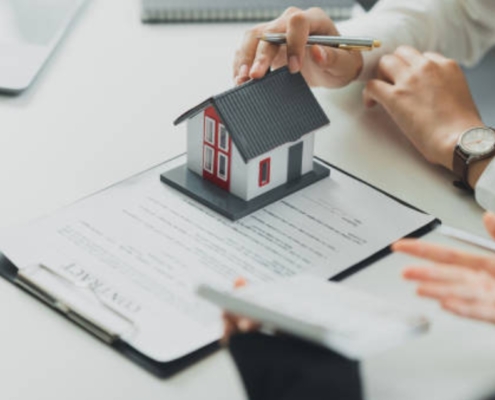
London Rent Guaranteed Programs: Legal Aspects Simplified
London rent guaranteed programs can offer peace of mind and financial security to landlords in London's competitive real estate market. However, it's essential to have a comprehensive understanding of the legal aspects involved in these programs.…
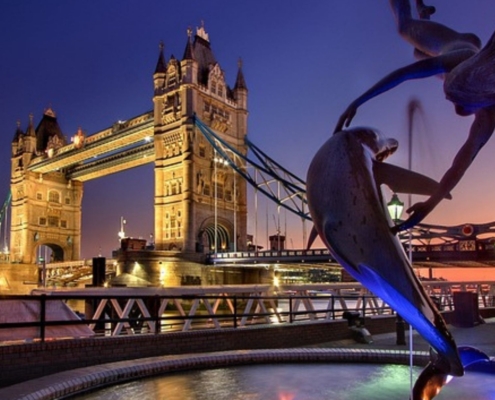
The Benefits of Flatsharing in London
The Benefits of Flatsharing in London
Flatsharing, a popular housing trend in London, revolutionises how people live, work, and socialise in the bustling capital city, offering the benefits of shared spaces, stronger social…

Tech's Impact on Property Management: Modern Trends in London
Tech's Impact on Property Management
The world of property management is evolving rapidly, thanks to technological advancements. London, a city at the forefront of innovation, is no exception to this trend. In this blog post, we'll explore…
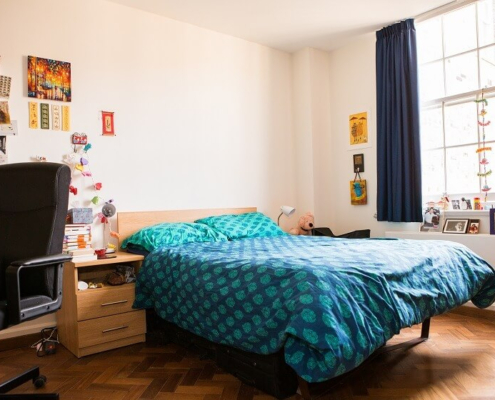
Affordable Flatsharing in London Eases Rent Burden
Living in London can be expensive, especially when it comes to housing. With the high cost of renting, finding affordable accommodation can be challenging, especially if you want to live in a desirable location. However, flatsharing is a new…

Flatsharing Memories: Fun Pursuits for Residents
Flatsharing Memories
Flatsharing Memories: Residing in a flatsharing space provides the opportunity to forge strong connections with like-minded individuals and forge enduring memories. Join in enjoyable activities with your flatmates…

Eco-Friendly Property Management in London
London's property management landscape is evolving; therefore, eco-friendly property management has become a prominent trend among landlords and property managers. With a growing interest in eco-conscious living, property owners are increasingly…
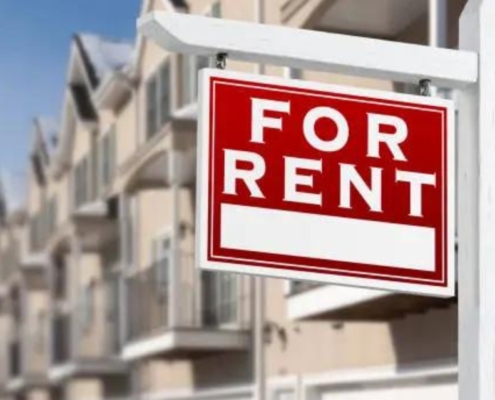
London's Rental Regulations: A Guide for Landlords
Being a landlord in London is a rewarding venture; however, it also comes with many regulations and legal responsibilities. Therefore, understanding and adhering to London's rental limitations is crucial for a successful and hassle-free experience…

Property Maintenance in London: Overcoming Unique Challenges
Property maintenance in London presents a unique set of challenges that landlords and property owners must address to ensure the longevity and value of their investments. In this blog post, we'll explore some of these distinctive challenges,…
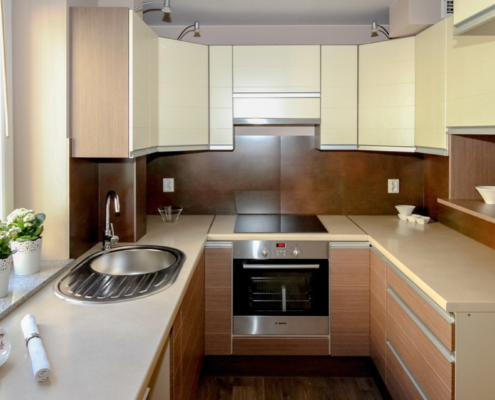
Balancing Privacy and Shared Spaces in London's Flatsharing
London has become a popular hub for flatsharing spaces with its lively atmosphere and multicultural vibe. These creative living arrangements provide a perfect mix of cost-effectiveness, camaraderie, and convenience while…






